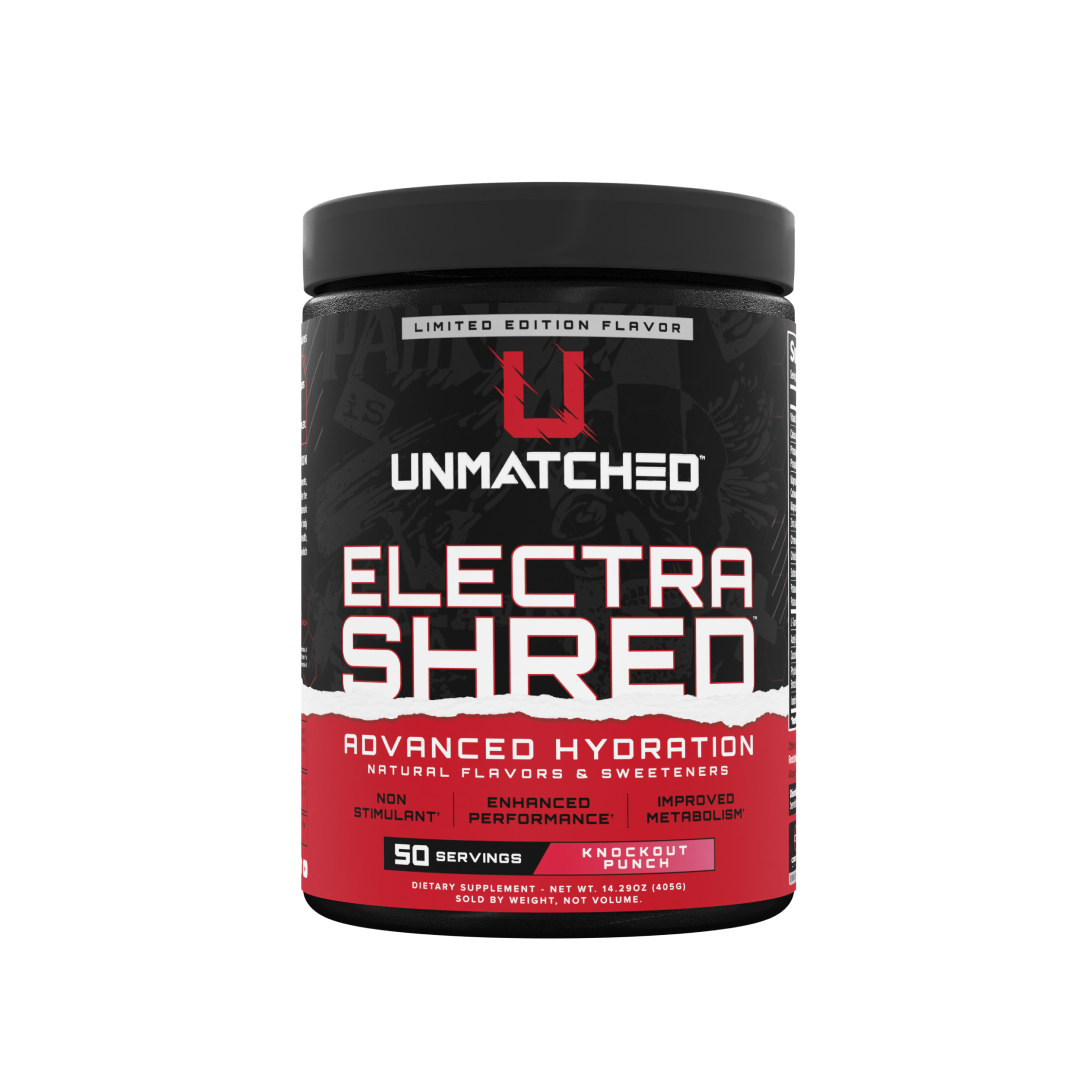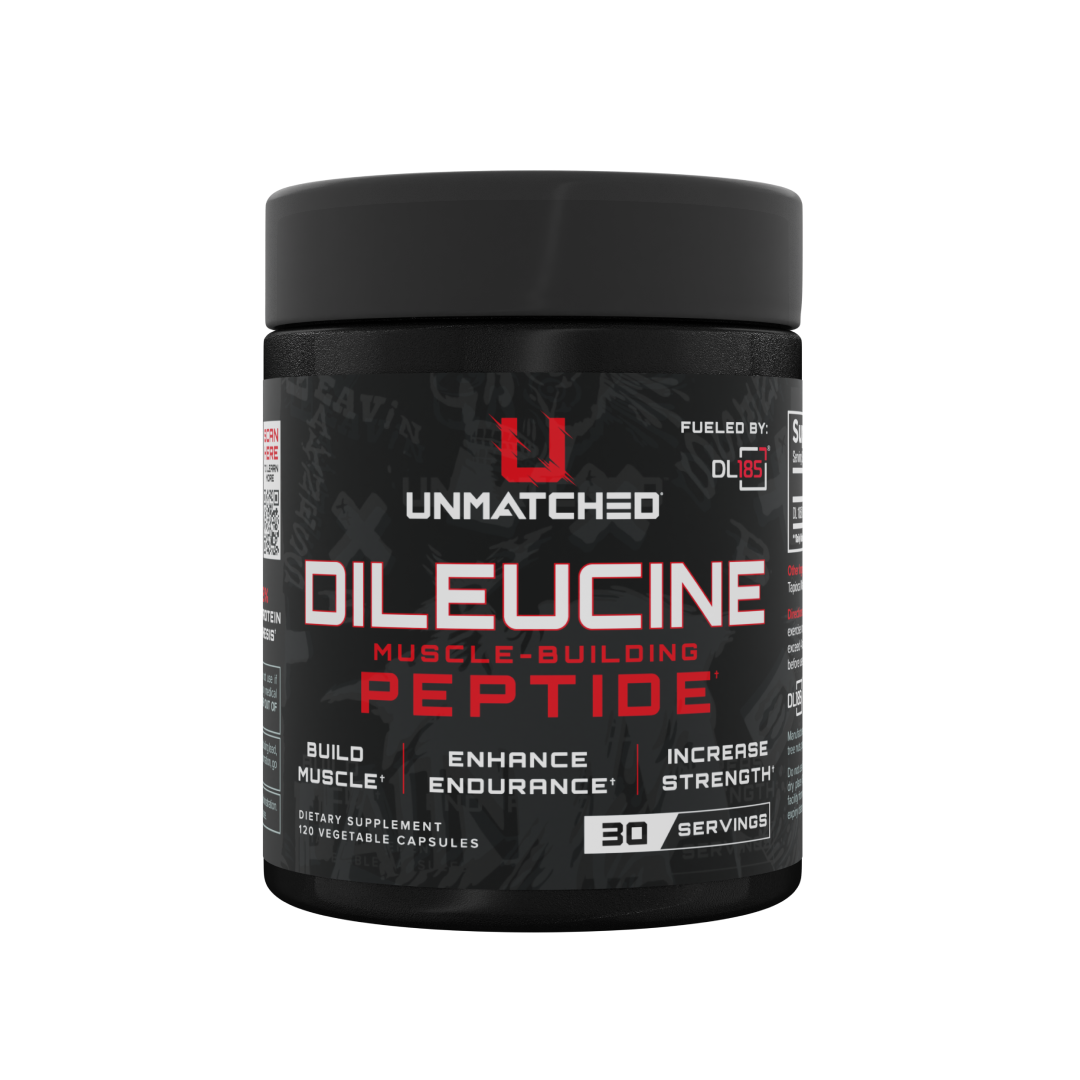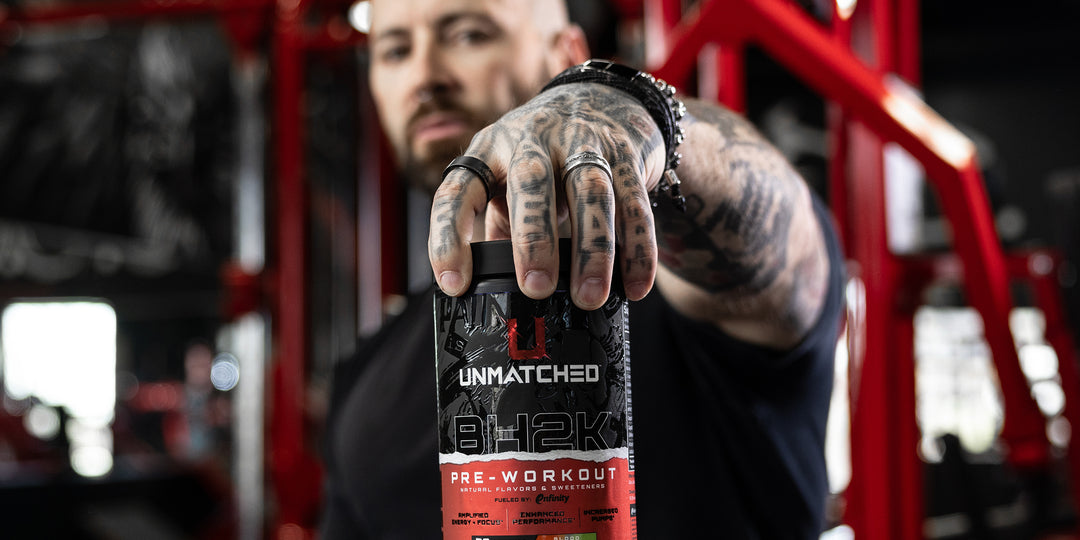TOP PRODUCTS
View allALL NATURAL
All Unmatched formulas are naturally sweetened, flavored, and colored.
CLINICAL SERVINGS
All ingredients are used at efficacious servings based on clinical research.
3RD PARTY TESTED
All products are manufactured in a NSF Certified cGMP facility and 3rd-party tested.
DOWNLOAD THE APP
You can now get all things Unmatched right to your phone with our Unmatched Mobile App. Easy shopping, exclusive products, early access to launches, and much more!
KRIS GETHIN + DOUG MILLER
With over 50 years of combined industry experience, these industry giants have come together to create an Unmatched experience. Finally, a brand that bridges the gap between hardcore bodybuilding, longevity, and health-span.


































